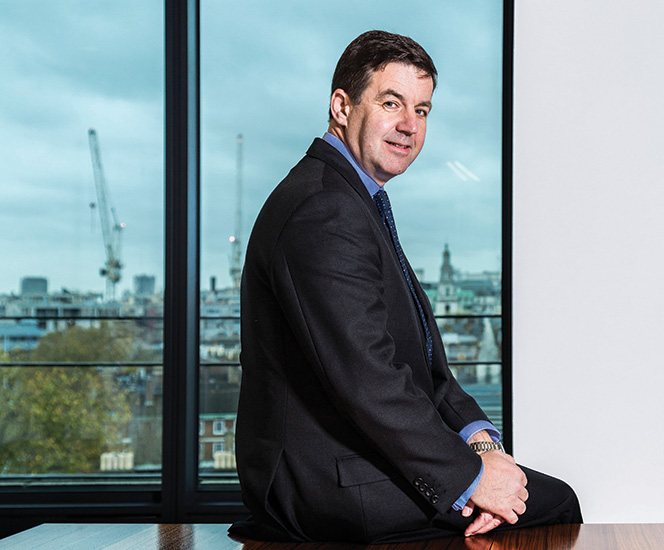
The Supreme Court has today (11 December) dismissed Mastercard’s efforts to thwart former financial ombudsman Walter Merricks’ £14bn group action claim against it in what is a landmark decision for the future of collective actions against companies in the UK courts.
The decision from the Supreme Court upholds a previous ruling from the Court of Appeal and sets aside the original judgment of the Competition Appeal Tribunal (CAT) which would have stymied the group action claim.










